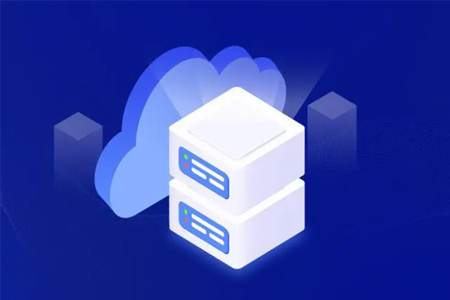DDOS (Distributed Denial of Service) is a network attack method. The attacker sends a large amount of traffic to the target server by controlling a large number of computers and devices, making the target server work normally or even collapse. DDOS attack is a very common network security threat that brings serious financial and reputation losses to enterprises and individuals.
The DDOS attack is very harmful. It can cause the downtime of the target server, causing the website to be unable to access, and the business cannot be carried out normally. Severe even may cause problems such as data loss and financial loss. Because attackers can launch an attack by controlling a large number of computers and equipment, it is difficult to determine the position and identity of the attack source, which increases defense difficulty.

In order to prevent DDOS attacks, multiple measures can be taken, such as using CDN acceleration, setting firewalls, and using DDOS attack cleaning services, etc. These measures can effectively reduce the impact of attacks. At the same time, it is necessary to strengthen the security measures of the server to reduce the possibility of being attacked, such as strengthening password management, timely updating patch, and using security software.
The following are some effective measures to defend DDOS attacks:
1. Cloud service provider with strong attack capabilities: Choose a cloud service provider with strong attack capabilities. They usually use a variety of defensive technology and equipment to protect users' websites or applications.
2. Site CDN Acceleration: Using content distribution network (CDN) can distribute the content of the website to multiple nodes worldwide, reduce the pressure of a single node, and enhance the ability to resist DDOS attacks.
3. Cleaning traffic: Use a professional DDOS attack cleaning service to remove DDOS attack traffic, and only forward normal traffic to the target server.
4. Firewall: Use firewalls to detect and filter malicious flow to prevent DDOS attacks.
5. Limit the number of connections: Set the connection limit, such as IP limit, connection number limit, etc., to limit the number of connections of a single IP, which can effectively reduce the impact of the DDOS attack.
6. Load balancing: Use load balancing technology to distribute traffic to multiple servers to enhance the ability to resist DDOS attacks.
7. Data packet filtering: Use the data packet filtering technology to filter out some obvious DDOS attack data packets to reduce the impact of attack.
8. Reduce attack surface: Close unnecessary services, ports and functions, reduce the attack surface, and reduce the possibility of suffering from DDOS attacks.
9. Plan preparation: Formulate a plan for defense DDOS attacks, including backup data, disaster recovery solutions, etc. to quickly restore the attack system.






